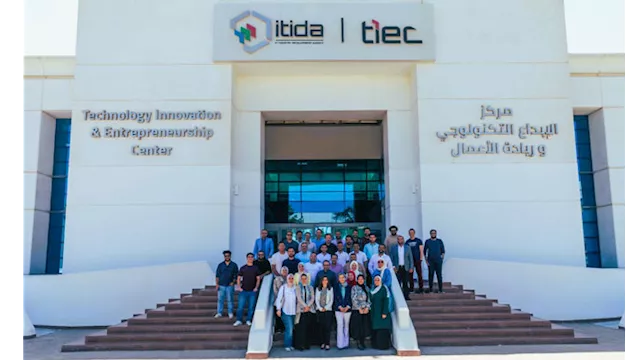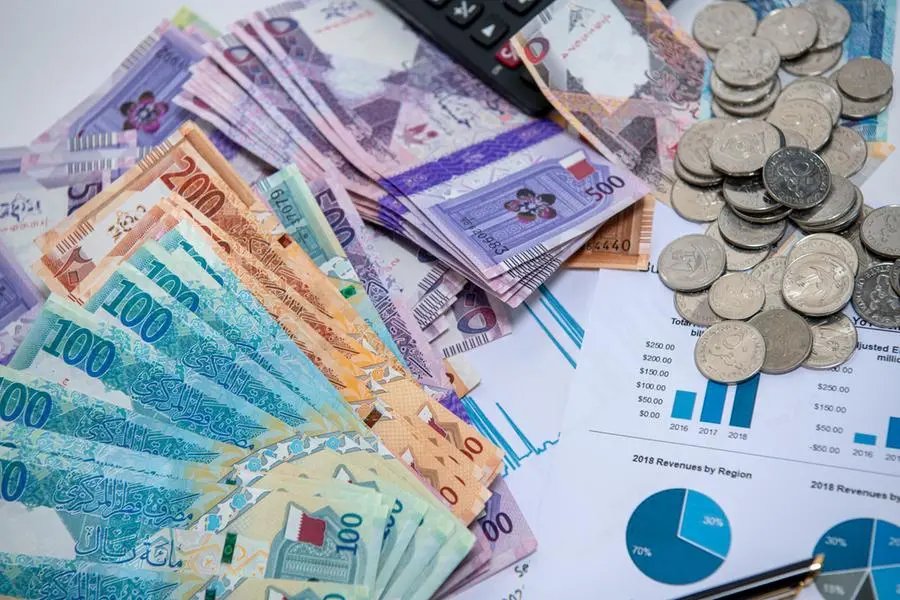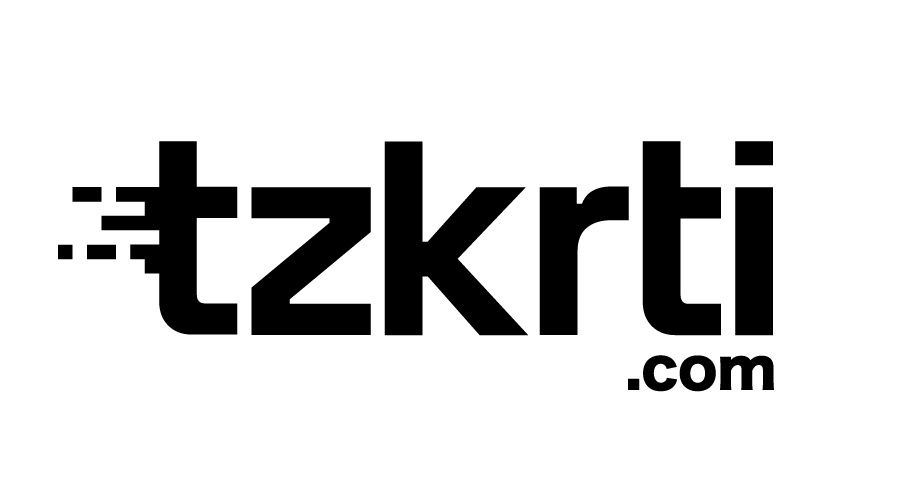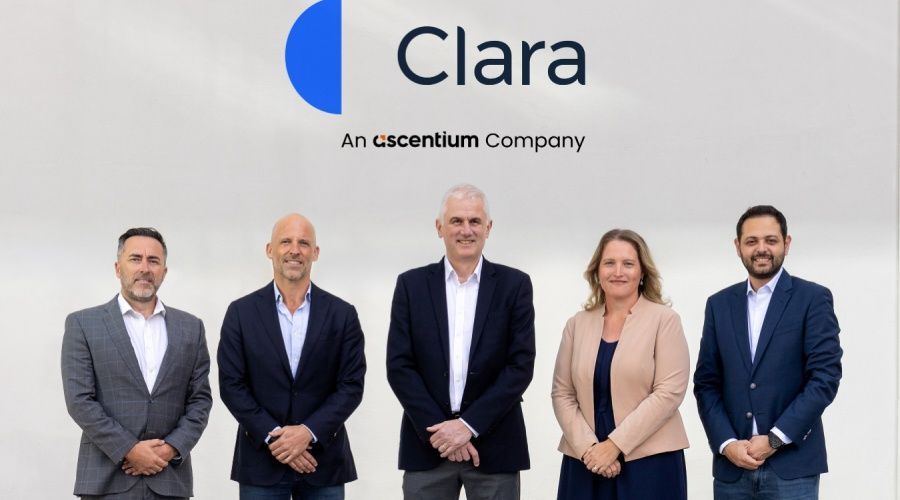Iraq, a nation historically defined by its vast oil reserves, is charting a transformative new course with the unveiling of its comprehensive five-year economic diversification plan (2024-2028). This strategic blueprint signals a decisive shift away from oil dependency, aiming to cultivate a resilient and dynamic non-oil-driven economy. The plan outlines ambitious targets to bolster key non-oil sectors, significantly empower the private sector, and address pressing socio-economic challenges, signaling a pivotal era for the nation and potentially opening new avenues for regional collaboration and investment.
By the Numbers
- Non-Oil GDP Contribution Target: To reach 60% of GDP by 2028, up from the current 48%.
- Private Sector Share Target: To contribute 70% to the economy, a substantial increase from its current 35%.
- Overall Annual GDP Growth Target: An average of 3.6% annually.
- Non-Oil Sector Annual Growth Target: An ambitious 5.3% annually.
- Unemployment & Poverty: The plan also seeks to address current unemployment rates of 16% (28% for youth) and a 25% poverty rate.
Beyond Oil: A New Economic Blueprint
Embedded within the broader “Iraq Vision 2030,” the new five-year plan seeks to fundamentally rebalance Iraq’s economic structure. It explicitly acknowledges the vulnerabilities inherent in oil reliance and articulates a clear strategy to foster sustainable growth through diverse sectors. This strategic pivot aims to create a more stable and diversified economic base capable of withstanding global commodity price fluctuations.
Pillars of Diversification
The plan identifies several key non-oil sectors as engines for future growth and diversification:
- Agriculture: Focus areas include enhancing food security, modernizing farming techniques, and boosting agricultural exports. This sector holds immense potential for job creation and rural development.
- Industry: The emphasis is on developing value-added manufacturing, moving beyond raw materials to produce finished goods, and fostering industrial clusters that can compete regionally.
- Tourism: Leveraging Iraq’s rich historical and cultural heritage, the plan aims to significantly develop its tourism infrastructure and promote the country as a viable tourist destination, attracting both regional and international visitors.
- Services: This broad category includes financial services, logistics, healthcare, and critically, the nascent technology and digital services sectors, which are vital for a modern economy.
Empowering the Private Sector and SMEs
A cornerstone of Iraq’s diversification strategy is the dramatic increase in the private sector’s contribution to the economy. Achieving the ambitious 70% target necessitates comprehensive structural reforms. This includes streamlining regulatory processes, enhancing access to finance for businesses, and strengthening the legal framework to protect investments. A particular focus will be placed on supporting small and medium-sized enterprises (SMEs), which are recognized as crucial drivers of job creation, innovation, and economic dynamism. Policies aimed at attracting foreign direct investment (FDI) are also integral to mobilizing the capital and expertise required for this transformation.
Addressing Socio-Economic Challenges
Beyond economic restructuring, the plan directly confronts Iraq’s significant socio-economic challenges. By fostering growth in non-oil sectors and empowering the private sector, the government aims to create hundreds of thousands of new job opportunities, particularly for the large youth demographic. This focus on job creation and private sector-led growth is essential for reducing high unemployment rates and alleviating poverty, ultimately improving living standards across the nation.
About Iraq’s National Development Plan
The 2024-2028 five-year plan represents a critical operational phase within Iraq’s overarching “Iraq Vision 2030.” It translates long-term strategic goals into actionable macroeconomic targets and specific structural reforms. The plan is designed to facilitate the country’s transition towards a diversified, private sector-led economy, emphasizing sustainable development, economic stability, and enhanced regional integration.
Looking Ahead
The successful implementation of Iraq’s ambitious economic diversification plan holds profound implications, not only for the nation itself but also for the broader MENA region’s economic landscape. For founders, venture capitalists, and tech professionals, this strategic shift signals the emergence of significant opportunities in Iraq’s rapidly evolving non-oil sectors. The pronounced focus on private sector growth, coupled with ongoing efforts to improve the ease of doing business, could unlock substantial investment potential and foster a vibrant entrepreneurial ecosystem in areas ripe for digital transformation and technological innovation. While challenges such as bureaucratic hurdles and the need for sustained security remain, the clear and determined strategic direction presented by the Iraqi government offers a compelling long-term outlook for those poised to engage with and contribute to Iraq’s unfolding economic narrative.
Source: AGBI














